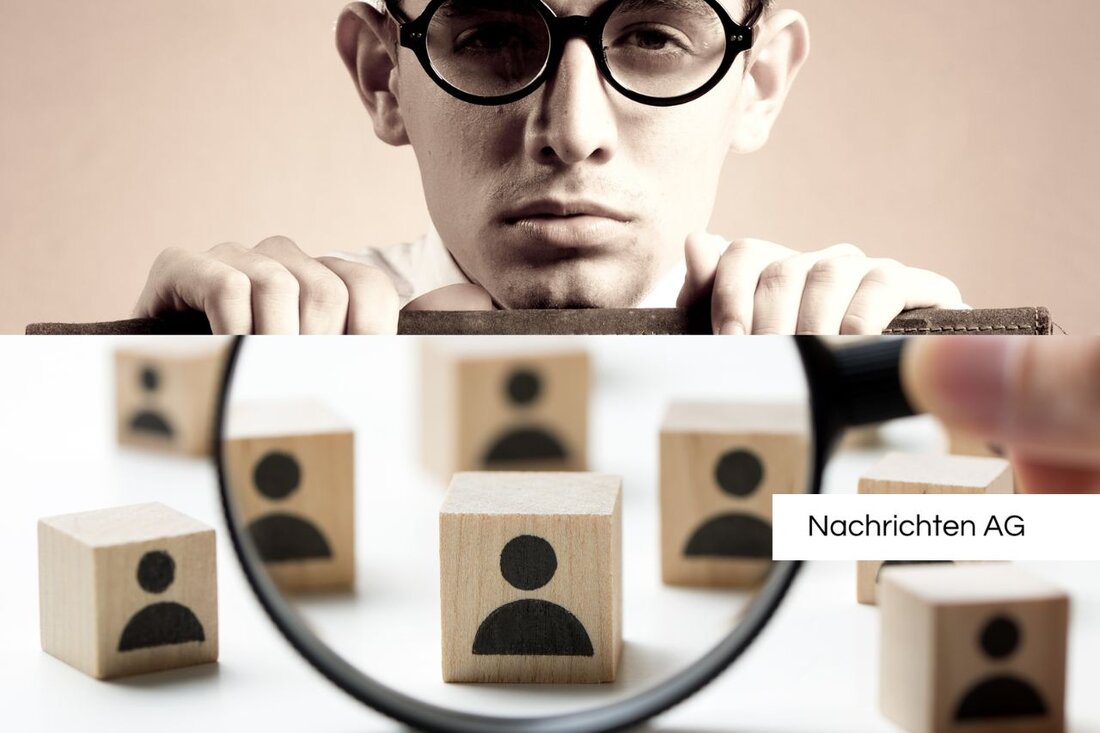Education disaster in Vienna: only a third of the funding!
Maximilian Krauss criticizes the Vienna Education system under Christoph Return, demands reforms and criticizes the call for funds.

Education disaster in Vienna: only a third of the funding!
Maximilian Krauss, the club chairman of the FPÖ, has once again practiced sharp criticism of Christoph Return, the former city councilor of Vienna. In a current statement published on June 8, 2025, Krauss describes that the Vienna Education System has been significantly deteriorated during the five -year term. A central point of criticism is the insufficient use of the funds provided by the federal government to promote Ukrainian and follow -up children. Of the positions provided in Vienna, only about a third were called up in Vienna. In comparison, other federal states such as Tyrol and Upper Austria have fully exploited the funds. This raises questions about the administration and efficiency of educational policy in Vienna.
Another concern of a factor is the linguistic competence of the students. According to Krauss, over 60% of the first graders in Vienna do not speak sufficiently German, which significantly complicates the integration and support requirements of the children. He also criticizes that return during his term in office did not make any clear statements on the subject of family reunification from Syria, which is also considered a failure. The installation of container classes instead of concrete problem solutions is also negatively highlighted.
criticism of the successor
Krauss also focuses on the future education policy. He is skeptical about the new educational councilor, Emmerling, and does not expect the situation to be improved. On the occasion of the constituent session, he announced that he wanted to vote against her order. This announcement testifies to the ongoing dissatisfaction with the current education policy in Vienna.
Return is described by Krauss as a misconception in the Ministry of Education. The FPÖ politician calls for a fundamental reform of education policy to tackle the challenges in the Vienna education system and to ensure that all children receive the best possible education. In this context, Krauss refers to the tradition of school reforms in Vienna.
historical context of school reforms
The school reform in Vienna has deep roots that go back to Maria Theresia until the introduction of public state schools in 1774. These reform the education system fundamentally by introducing a six -year compulsory schooling. In the course of history, numerous other reforms were initiated, especially after 1918 under Otto Glöckel, who campaigned for the optimal educational development of all children, regardless of gender and social situation. These developments resulted in the comprehensive school law of 1962, which extended compulsory schooling to nine years and introduced a new form of teacher training at pedagogical academies.
The ongoing reforms within the school system, such as the introduction of the new middle school in 2009, testify to a continuous endeavor to adapt and improve the education system in Austria. Proven approaches such as integrative lessons for pupils with disabilities have also been implemented in recent decades, which contributes to democratization and equal opportunities in education as a whole. Nevertheless, the current school system, especially in Vienna, remains with critical observation due to the latest developments.
In summary, it can be said that education policy in Vienna is under pressure and that a comprehensive reform is urgently needed to meet the challenges of modern society. Krauss ’demands could be the impetus for necessary changes in the education sector. ots.at reports that
Historywiki.wien.gv.at addresses the school reform ...
bmb.gv.at informs about the school system…

 Suche
Suche
